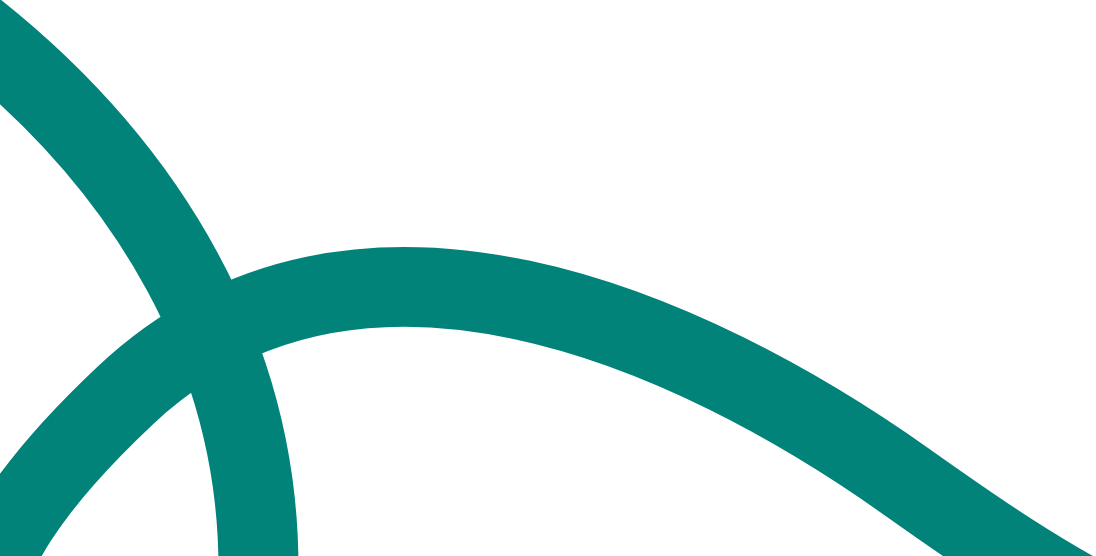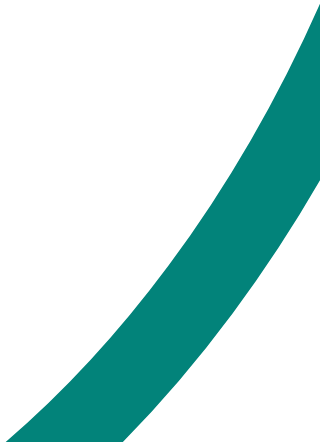Written by Tiffany Morin, Member of the Métis Nation of Alberta
June marks Indigenous History Month – time to celebrate our stories, our strength, and our voices. As a Métis and Cree woman from Treaty Six Territory, this month offers me space to reflect on how my Indigenous identity shapes every part of my ovarian cancer journey – from healing to advocacy.
When I was diagnosed, I knew I wouldn’t walk this path alone. I work closely with Elders and my Indigenous community. I attend ceremony. These practices, while not part of the mainstream cancer care system, are integral to my own experience. Going to the sweat lodge, gathering in circle with my community, and connecting regularly with my culture are not just comforting – they’re life-giving. They offer me hope. They help me heal.

UCalgary Indigenous Graduation Ceremony
One Elder I work with is 87 years old. She’s a force – wise, strong, and steady. She reminds me that we all have purpose. Her words anchor me in the knowledge that I’m part of something bigger, that my voice matters, and that my story has power. That sense of purpose fuels my advocacy.
Ovarian cancer is often called a silent disease. For Indigenous people, it can feel even more invisible because our experience has historically been overlooked in research on this disease. Right now, we don’t have a clear picture of how ovarian cancer impacts Indigenous women and gender-diverse people in Canada. That lack of information makes it harder to get funding, resources, and culturally relevant support. That’s the kind of work that needs to happen – not later, but now.
As a member of Ovarian Cancer Canada’s Patient Partners in Research, knowing that I can present an Indigenous perspective on ovarian cancer that informs the direction of research feels like an important and often-overlooked perspective in this field. We need more Indigenous voices at the table and more culturally appropriate care in clinics and research settings.

Tiffany attending the Walk of Hope with Holly and Dawn, other women living with Granulosa Cell Tumour, a rare type of ovarian cancer
Historical and ongoing colonialism have created deep mistrust. We see it in the data, and we feel it in lived experiences. Many Indigenous patients report feeling dismissed, unheard, or judged when they seek care. Others delay or avoid medical treatment entirely because of systemic racism or past traumas.
In my own journey, I’ve had to explain why ceremony and cultural support matter – not just emotionally, but holistically. Too often, Indigenous ways of knowing are treated as “alternative” when they should be recognized as a part of culturally safe care.
One of the most meaningful ways I raise my voice is through the Ovarian Cancer Canada Walk of Hope. Every year, I walk to honour my journey and to call for change. My advocacy also means showing up in creative ways. I make beaded earrings to raise funds for the Walk – blending cultural artistry with purpose. Every pair carries our stories, our resilience, and our hope for change. I am not waiting for the change that needs to happen, I am creating it.
life-saving breakthroughs are long overdue
This disease has been overlooked and underfunded for over 50 years. Women living with ovarian cancer need us now. By fundraising today, you are redefining hope and igniting powerful action.
I fundraise not just to support research, but to make sure that people like me – Indigenous people facing ovarian cancer – are seen, supported, and represented. And for me, that action is rooted in community. The Walk is where I connect with others, share my story, and remind people that hope is most powerful when it leads to action.
Being Indigenous is not separate from my experience with cancer – it is the heart of it. My voice, my name, my way of healing and being in community – these are essential parts of the care I need and the advocacy I do.
This Indigenous History Month, I hope others will see the importance of making space for Indigenous identity in cancer care – not just during June, but every day. We need care that reflects who we are. We need to be seen, heard, and understood.
And we need each other.

Tiffany with Elder Grandmother Doreen Spence at her UCalgary Indigenous graduation ceremony
Published in recognition of Indigenous History Month by Ovarian Cancer Canada. Tiffany is a Métis and Cree advocate, fundraiser, and community leader from the Métis Nation of Alberta, Treaty Six Territory. She lives and works on the traditional territories of the people of the Treaty 7 region in Southern Alberta, which includes the Blackfoot Confederacy (comprising the Siksika, Piikani, and Kainai First Nations), as well as the Tsuut’ina First Nation, and the Stoney Nakoda (including the Chiniki, Bearspaw, and Goodstoney First Nations).


